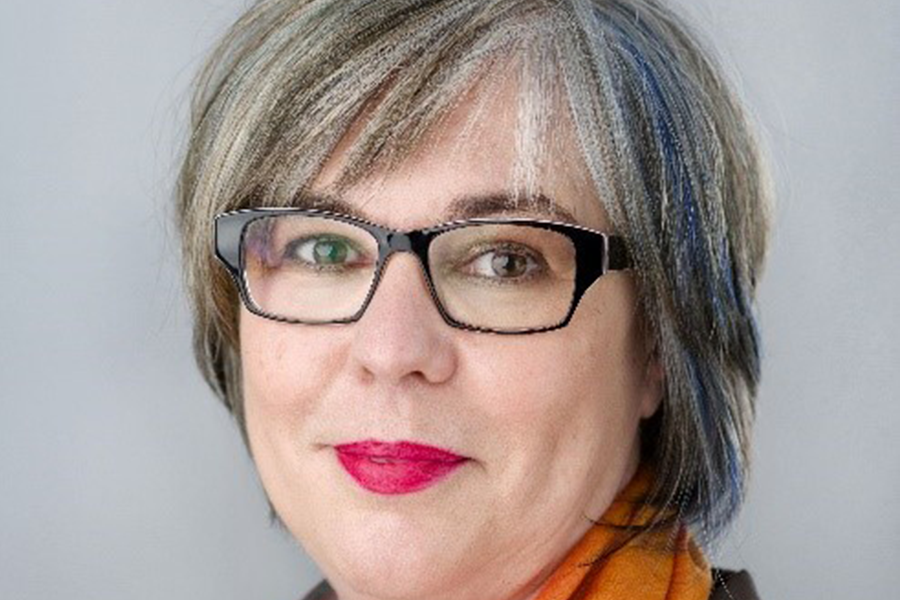
Andrea Pető is a historian and a Professor at the Department of Gender Studies at Central European University, Vienna, Austria, and a Doctor of Science of the Hungarian Academy of Sciences. Her works on gender, politics, Holocaust and war have been translated into 23 languages. In 2018 she was awarded the 2018 All European Academies (ALLEA) Madame de Staël Prize for Cultural Values. She is Doctor Honoris Causa of Södertörn University, Stockholm, Sweden. Recent publications include: The Women of the Arrow Cross Party. Invisible Hungarian Perpetrators in the Second World War (Palgrave, Macmillan, 2020) and Forgotten Massacre: Budapest 1944 (DeGruyter, 2021). She writes op-ed pieces for many international and national media and she is an associate editor of The European Journal of Women's Studies.
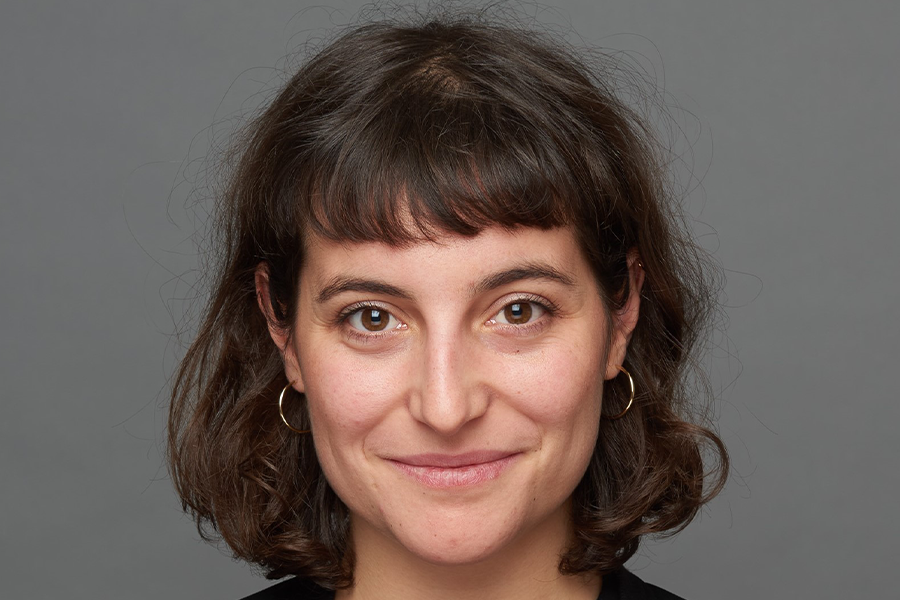
Derya Binışık is a feminist activist with a master's degree in political science and cultural studies. She is currently working as a senior program officer at the Gunda Werner Institute for Feminism and Gender Democracy. In her work she focuses on questions of reproductive justice and bodily autonomy with a special interest in reproductive technologies and intersectional perspectives on reproduction. She is a speaker and workshop facilitator on the topic of racism and discrimination in Germany.
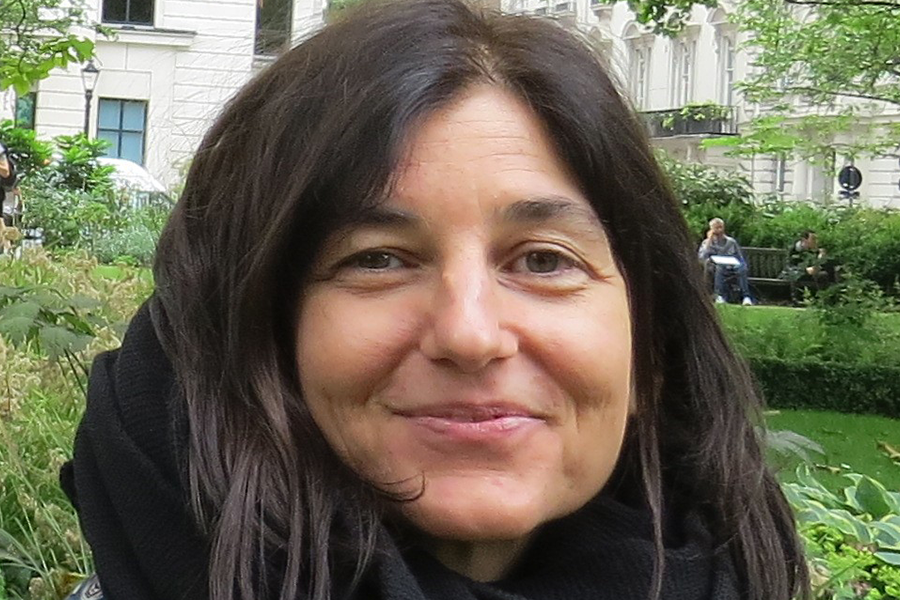
Elena Tzelepis completed her Ph.D. in Philosophy at the New School for Social Research, New York. She is an Assistant Professor at the University of Thessaly, Volos, Greece. Previously she has taught at Columbia University, New York, and held research positions at the Institute for Research on Women and Gender and the Center for the Study of Social Difference of Columbia University and at the Birkbeck Institute for the Humanities of the University of London. She works on critique and social change, on the intersections of ethics, politics and art, and the politics of difference.
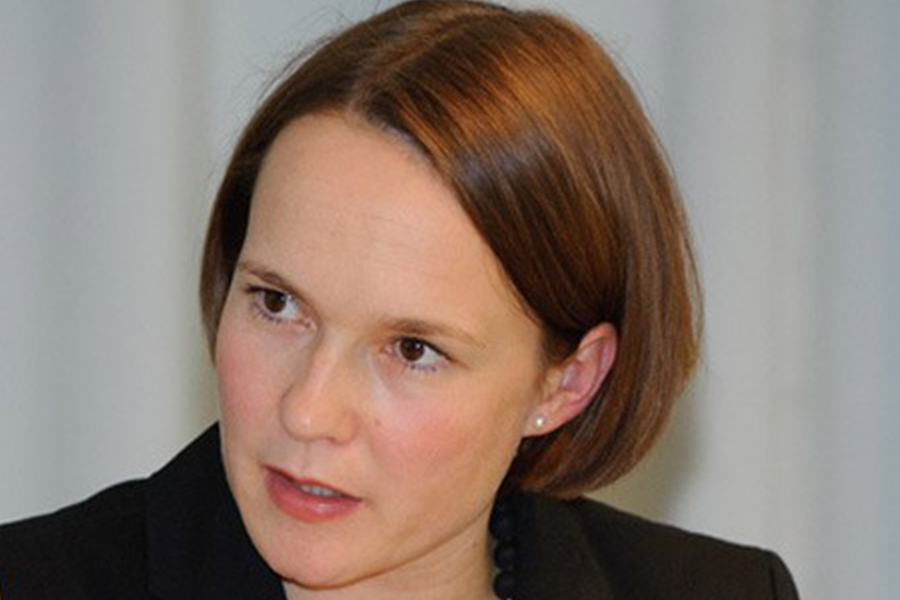
Eva van de Rakt has been Head of the Heinrich Böll Foundation’s European Union Office in Brussels since 2019. She has worked for the Heinrich Böll Foundation since 2001. As Head of the Prague Office she was responsible for the Foundation’s activities in the Czech Republic, Slovakia and Hungary from 2004 until 2018. She was a member of the board of directors at the Green European Foundation (2014-2016). Since 2018 she has been a member of the board of directors at the Czech-German Fund for the Future (Deutsch-Tschechischer Zukunftsfonds). She completed her studies at the University of Music and Theatre in Rotterdam.
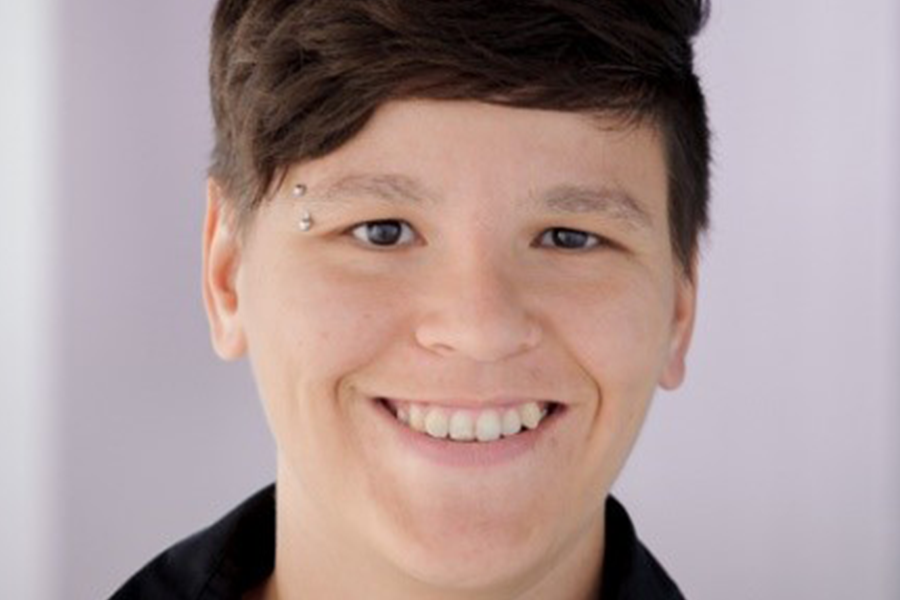
Francesca Schmidt studied German language and literature, German linguistics and South Asian society, history and politics in Heidelberg and Berlin and graduated with athesis on the culture of memory in Marlene Haushofer's prose. She is currently a Programme Director on intersectional memory and transformation at Germany's Federal Agency for Civic Education (BPB). Her book "Netzpolitik. Eine feministische Einführung" was published by Barbara Budrich Verlag in 2020. She is a founding member and board member of Netzforma* e.V. - Verein für feministische Netzpolitik. She is also active as a board member of FFBIZ e.V.. Francesca Schmidt deals with questions of the decolonisation of the digital, digital violence, surveillance and control, algorithms, artificial intelligence and theirsocio-normative implications.
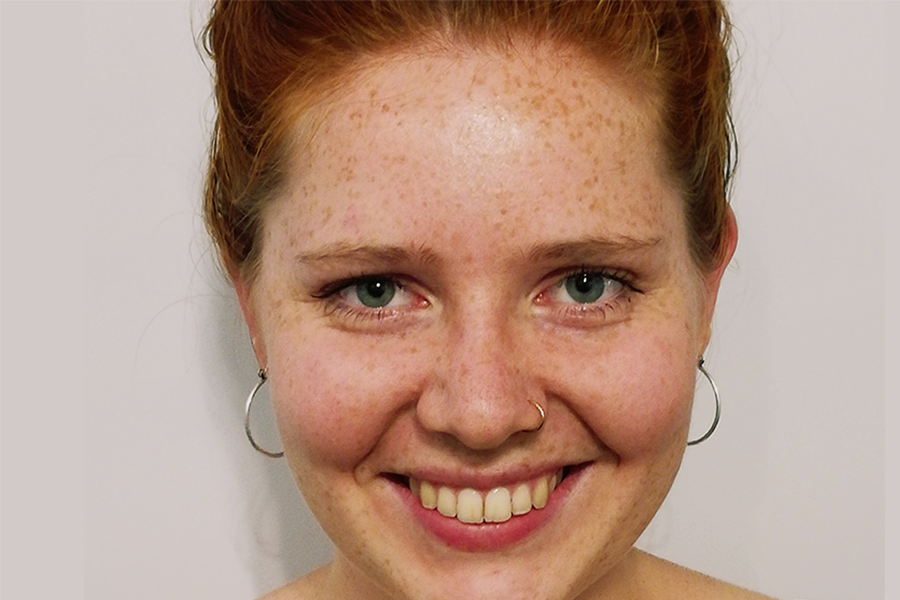
Helen Lessing has a sustainability and queer-feminist activist background. Only recently, these topics interlinked with an intersectional feminist perspective. She completed her bachelor’s degree in political science and sociology at the University of Bielefeld in 2020 with a thesis on the ecofeminist critique of the UN climate conference. Currently, she completes her Master’s degree in social and cultural studies at the European University Viadrina. Helen Lessing is a former intern of the Gunda-Werner-Institute.
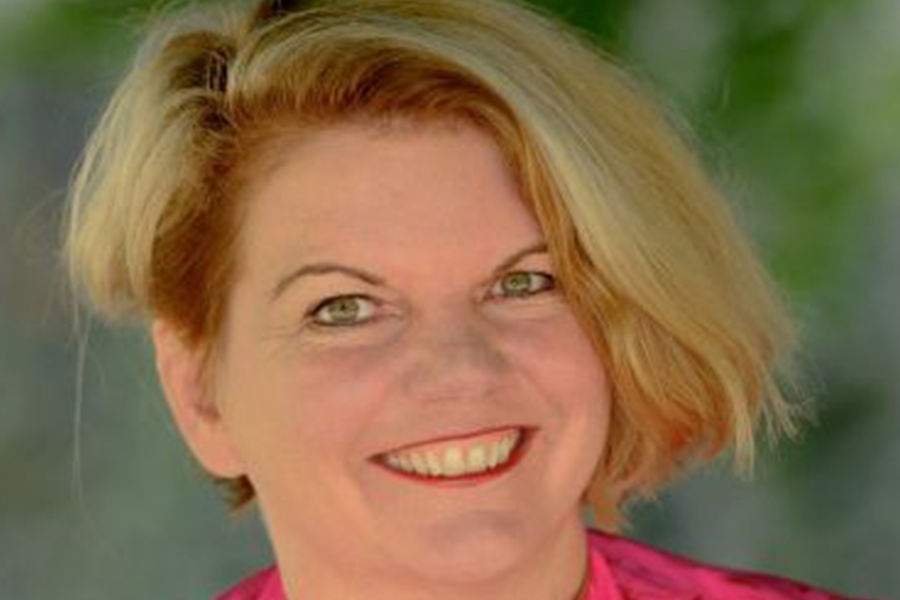
Ines Kappert is Head of the Gunda Werner Institute for Feminism and Gender Democracy. Her main topics are feminism for immigration society, intersectional feminism, refugees and women, peace and security. She wrote her PhD on: “Der Mann in der Krise. Oder: Konservative Kapitalismuskritik im kulturellen Mainstream”, (Man in crisis, or: a conservative critique of capitalism and the cultural mainstream, transcript, 2008). From 2007-2015, she was head of the opinion desk of the German daily taz.

Judith Goetz holds degrees in comparative literature and political science and is currently pursuing a Ph.D. at the Center for teacher's education at the University of Vienna. She is also a member of FIPU (Research Group Ideologies and Policies of Inequality) and the German Research Network ’women and right-wing extremism’. Her interests and research focuses on right-wing extremism and women* / gender and anti-feminism. Recently she co-edited the anthologies "Untergangster des Abendlandes. Ideology and reception of the right-wing extreme 'Identitarians' "(2017), "Right-wing extremism Volume 3: Gender-Reflected Perspectives" (2019) and "Rechtsextremismus Band 4: Herausforderungen für den Journalismus" (2021).
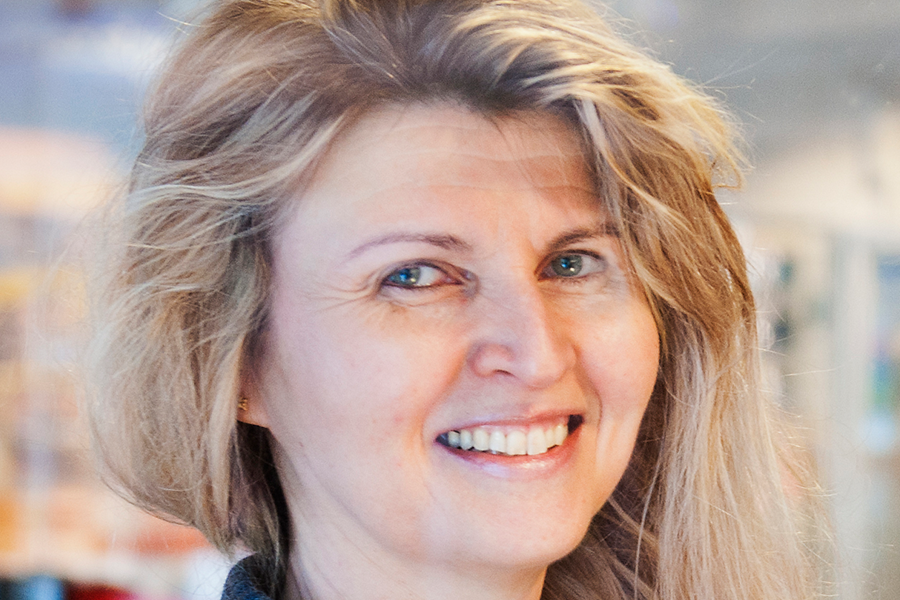
Livia Sz. Oláh is Associate Professor of Demography (Ph.D., Stockholm University) at the Department of Sociology, Stockholm University with expertise also in law and political science, comparative welfare state research and gender studies. She has published widely on policy impacts on fertility and partnership dynamics, and the interplay of family patterns and gender relations in European societies. Oláh has been a member of the editorial board of several international journals as well as of reference groups on family and demographic issues internationally and in Sweden.

Melanie Bernhofer (she/her) joined the European Union office of the Heinrich-Böll-Stiftung in September 2021. She supports the work of the Operations Team and of Heads of Programme. Previously, she worked at the think tank "European Policy Centre" where she managed a civil society project. Before that, she interned at the Representation Office of Salzburg to the European Union. Melanie is also a volunteering member of "Young Feminist Europe" and supports the youth organisation in the Policy, Research and Advocacy group. She holds two Bachelor's degrees in Political Science and in Journalism and Communication Science as well as a Master's degree in European Studies from the University of Vienna. She speaks German, English, French and Italian.

Neil Datta has been the Secretary of the European Parliamentary Forum on Sexual and Reproductive Rights (EPF) since 2004. EPF is a network of parliamentarians from across Europe who are committed to championing women’s sexual and reproductive health and rights. Neil founded the organisation with a select group of parliamentarians and with the support of IPPF in 2000, and has been responsible for its growth to its current membership of 30 all-party parliamentary groups on population and development issues. Neil has over fifteen years experience in the field of political involvement in population and development. Throughout this period he has conducted in-depth research on anti-choice activity in Europe. Before becoming EPF Secretary, Neil coordinated the Parliamentary Programme of the International Planned Parenthood Federation European Network. Neil holds a Master's Degree in European Public Administration from the College of Europe in Bruges and a Bachelor of Arts in History and Languages from the State University of New York at Binghamton. Neil holds 5 nationalities (British, French, Indian, USA and Canada) and is bilingual English/French.
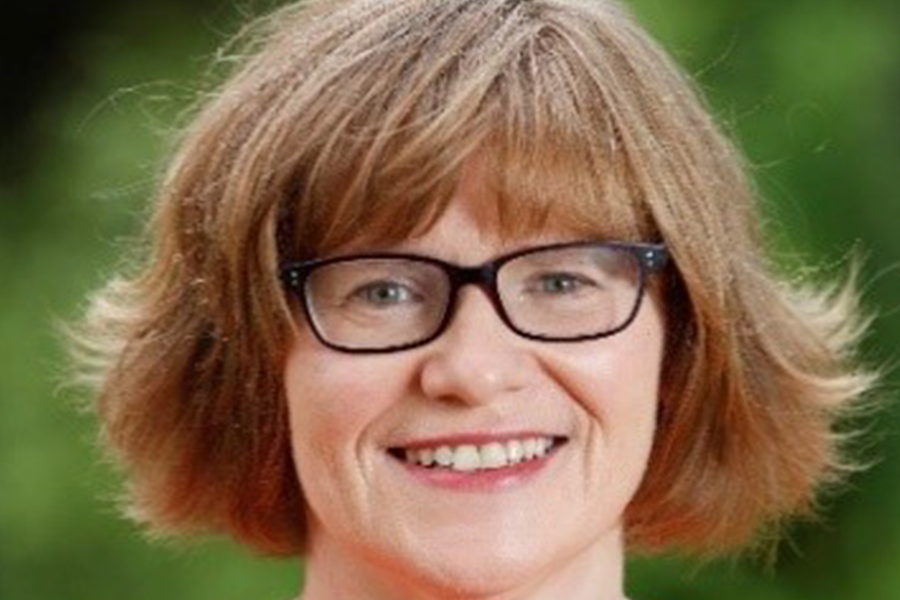
Orla O'Connor is Director of National Women’s Council of Ireland (NWCI), the leading national women’s membership organisation in Ireland, with over 190-member groups. She was Co-Director of Together For Yes, the national Civil Society Campaign to remove the 8th Amendment in the referendum. For her role in Together for Yes, Orla was recognised as one of the 100 Most Influential People by TIME magazine in 2019. Orla holds an MA in European Social Policy, and after starting out in local community-based projects, has worked in senior management in non-governmental organisations for over 25 years. Orla represents NWCI in a wide range of national and international fora. Orla is a feminist, and an expert in the policies needed to progress women’s equality in Ireland. She is an accomplished public speaker, with a strong analysis of public policy. Orla has led numerous high level, successful campaigns on a wide range of issues on women’s rights, including social welfare reform, pension reform and for the introduction of quality and affordable childcare. Orla is passionate about ensuring access to women’s reproductive rights; about ensuring more women are in leadership positions; about ending violence against women; and increasing women’s economic equality.

Paula-Irene Villa Braslavsky is full professor and chair for Sociology and Gender Studies at LMU München. She's also elected member of the board of the German Sociological Association (DGS), and she's served as elected board member of the German Association for Gender Studies from 2010 - 2014. Her research focuses on the analysis of biopolitics, i.e. the ambivalent entanglements of society and soma, on Cultural Studies (Pop and Politics, Embodiment within Subcultures such as Tango), on Care & Gender, and on Science/Academia and Gender. She's published widely on gender/social theory (post-structuralism, Butler, Bourdieu, symbolic violence), the sociology of embodiment, beautification and normalization, on feminist body politics, and on German and Europan "anti-genderism" as part of new nationalist populism. She's directed funded empirical research (e.g. DFG, VW, Humboldt foundations) on Cosmetic Surgery, Food/Fitness, comparative analysis of Gender Equality Programs in academic capitalism, and on popular culture. She writes op-ed pieces for many german radio and print media.
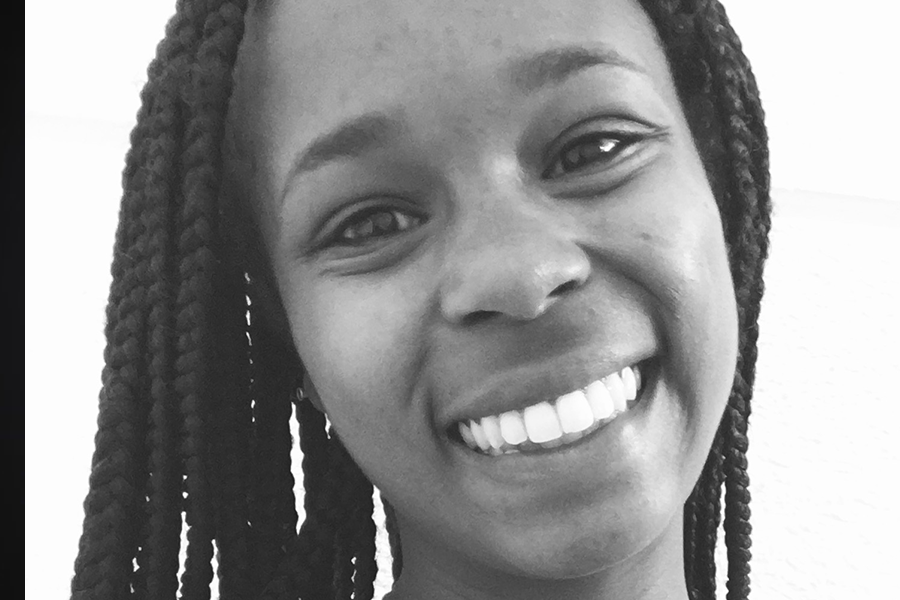
Pauline Mukanza was elected to the Executive Committee in June 2018, and has been an EWL Board Member, representing the European YWCA, since May 2016. Pauline is the President of the European YWCA, a pan-European young women’s movement working in an intergenerational spirit with a vision of a fully inclusive world where justice, peace, health, human dignity, freedom and care for the environment are promoted and sustained through women’s leadership. Pauline is a Swedish-Ugandan gender expert with a background in project management, training design for capacity building and diplomatic communications to strengthen relationships. She has lived and worked in Sweden, England, Uganda, Lithuania and Switzerland, holds an MA in Gender and International Relations and a BA in Politics and International Relations. Pauline is passionately committed to true gender equality through speaking with the being of self.
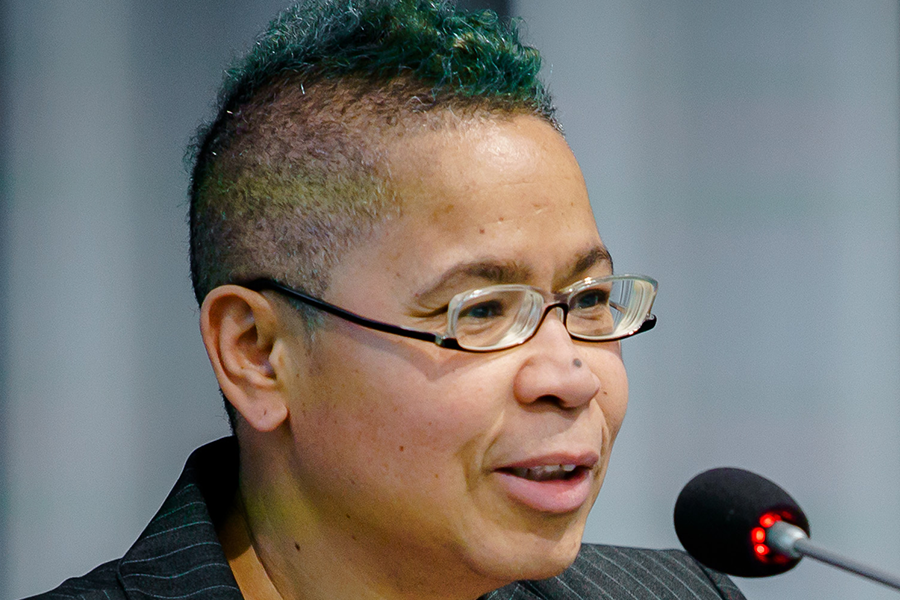
Peggy Piesche (born 1968 in Arnstadt, GDR) is a Black German literary and cultural scholar. She is responsible for diversity, intersectionality and decoloniality at the Federal Agency for Civic Education. Since 2020 she heads the department "Political Education and Plural Democracy" in Gera. Peggy Piesche is considered one of the best-known voices of Black women in Germany. She lives in Berlin. Selection of recent publications: Labor 89: Intersectional Movement Histories*n from West and East by Peggy Piesche and Nicola Lauré al-Samarai (Verlag Yılmaz-Günay, Berlin, 2020); "'Reclaiming our time' in African Studies: conversations from the perspective of the Black Studies Movement in Germany", Critical African Studies, Volume 12, 2020 - Issue 3, by Maureen Maisha Auma, Eric Otieno & Peggy Piesche.
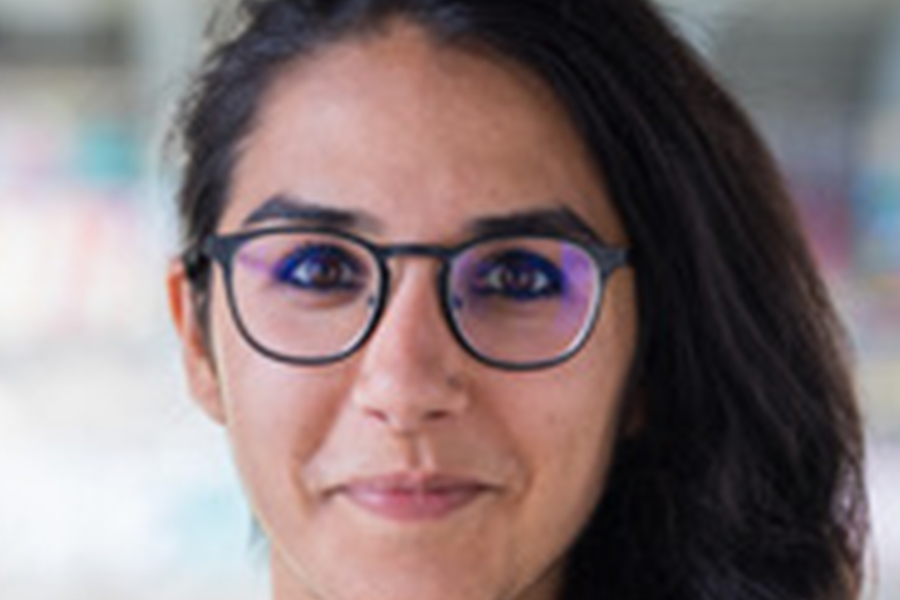
Sara Hassan is a journalist, author and podcaster. She studied psychology and comparative literature in Vienna and in Louvain-La-Neuve, Belgium. From 2015-2018 Sara worked as a press officer in the European Parliament on the topics of international trade agreements and migration as well as digital policy. In Brussels she and her colleagues founded the intersectional, feminist solidarity network "Period.". She produces the podcast “Vocal about it”, in which women of color take the microphone into their own hands. She is the author of "It's Not That Gray" and gives lectures on the subject of sexual harassment. https://www.sarahassan.at/
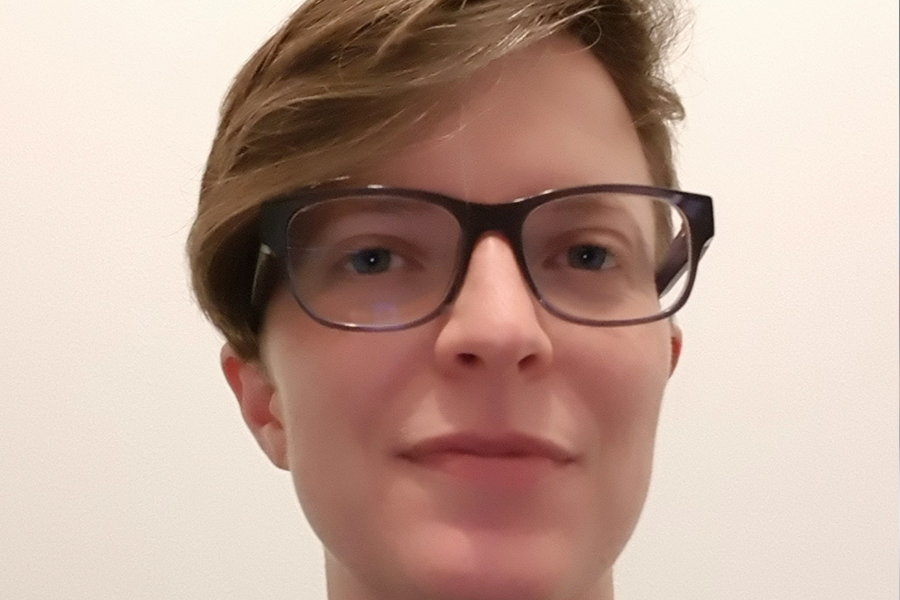
Stef Girstmair bio coming soon.
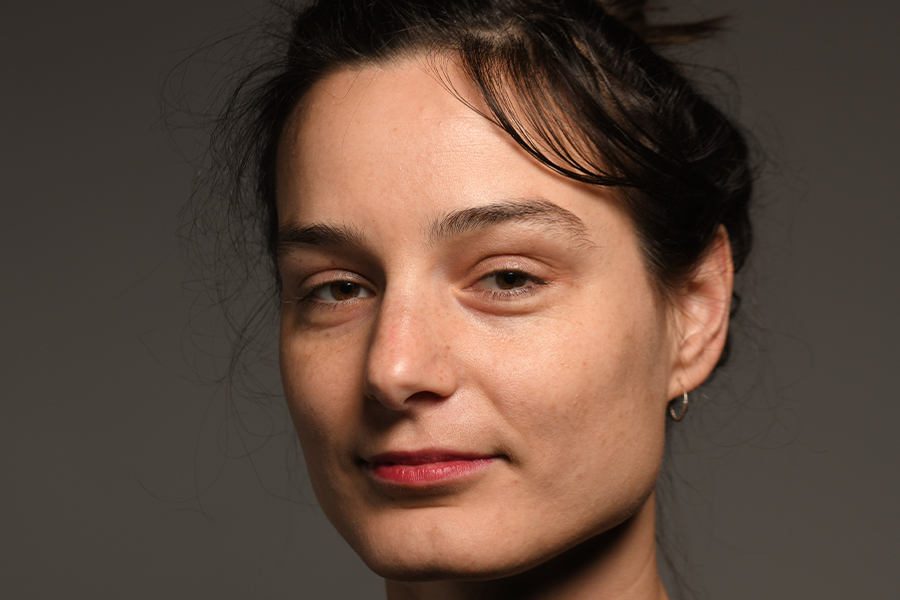
Swantje Höft is a Master’s student of gender studies at the Central European University, Vienna. She studied fine arts, sociology and development studies in Barcelona, Vienna, Paris and Padang (Indonesia). She worked for the Austrian student union at the Department of Feminist Politics and for the equal opportunities group at the Academy of Fine Arts Vienna.
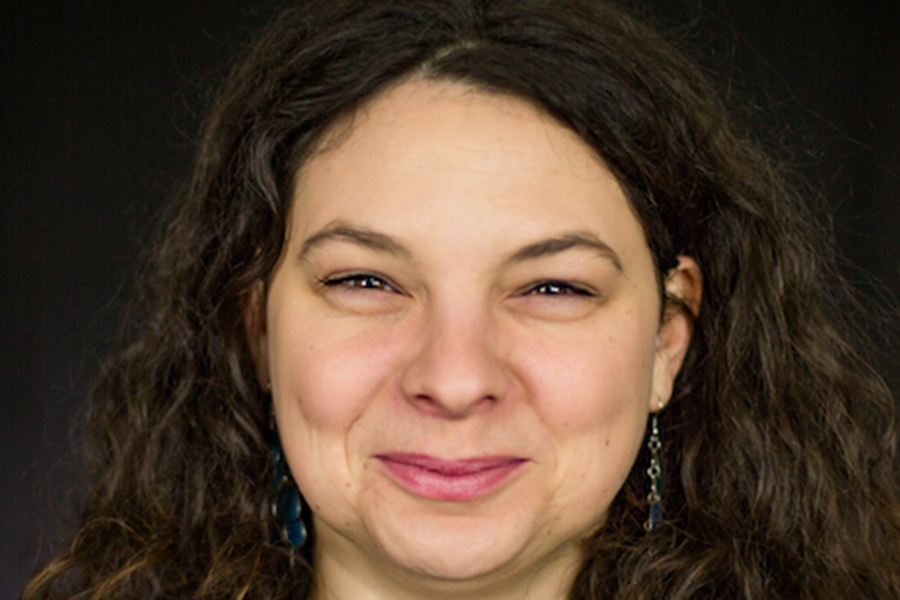
Vesna Jusup is a long term Green activist, who joined the Young Greens in Belgrade in 2006 and soon enough moved to an international level. She has served three mandates as the Executive Committee Member and later Network Coordinator of the Cooperation and Development network Eastern Europe. This is where she grew interest and knowledge of the Green movement, with a special focus on climate change and gender equality. Currently Vesna works for the European Green Party, as Head of the Policy, Strategy and Capacity Development Unit. She graduated in art history and museum studies at the faculty of philosophy in Belgrade. Vesna also works as a trainer and facilitator with a focus on structural development, supporting Green and feminist organisations to learn and prosper.
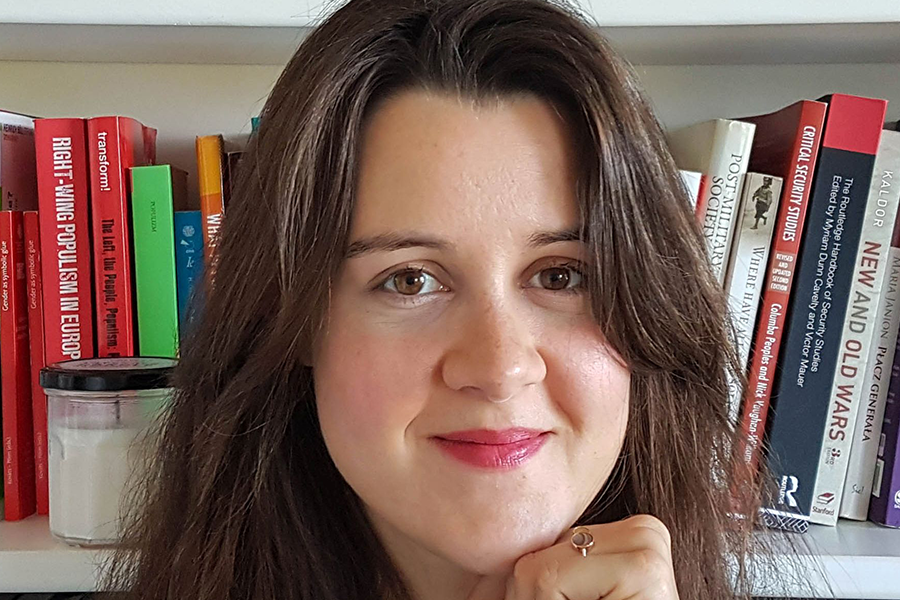
Weronika Grzebalska is a sociologist and Assistant Professor at the Institute of Political Studies, Polish Academy of Sciences. Her work focuses on militarisation, security, right-wing politics and gender politics in Central Europe. In the past, she was a Trajectories of Change fellow of the ZEIT-Stiftung, a Kosciuszko Foundation fellow at Clark University, member of the FEPS Young Academics Network, a German Marshall Fund Rethink.CEE fellow, and president of the Polish Gender Studies Association.
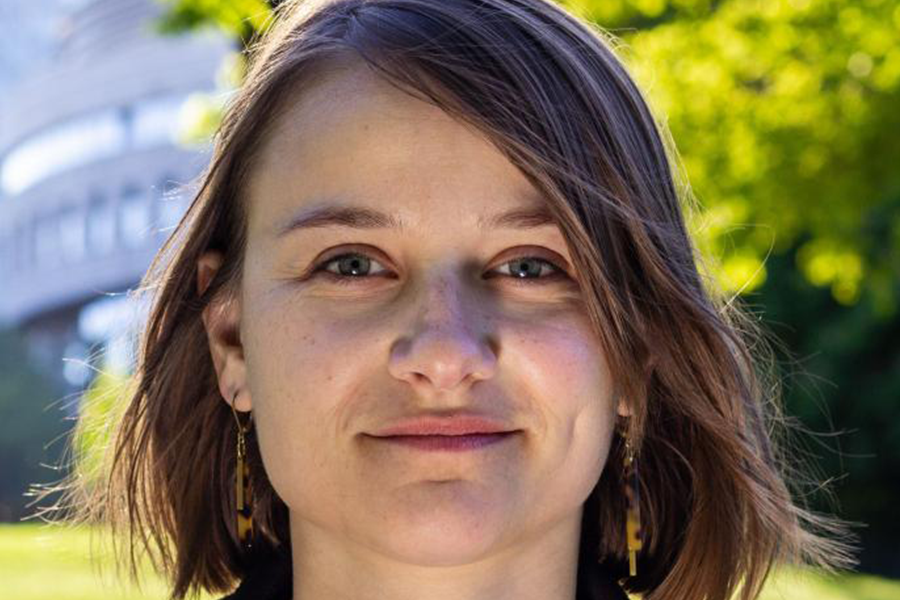
Zora Siebert is Head of EU Policy Programme at the Heinrich-Böll-Stiftung European Union in Brussels. Before joining the Foundation's office in Brussels, Zora worked for many years as an accredited parliamentary assistant in the European Parliament where she focused on issues of data protection, IT security and emerging technologies. She holds a French-German master degree in European Studies and International Relations from the Universities of Passau (Germany) and Strasbourg (France). Zora joined the foundation in 2019.